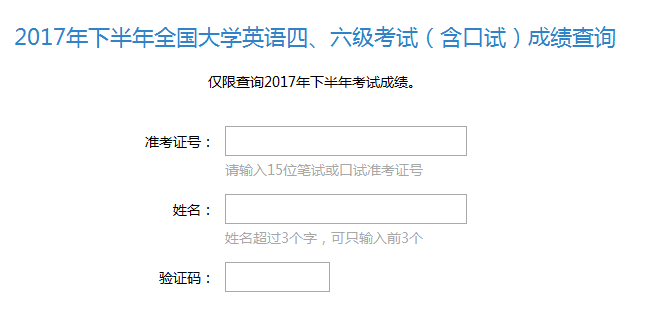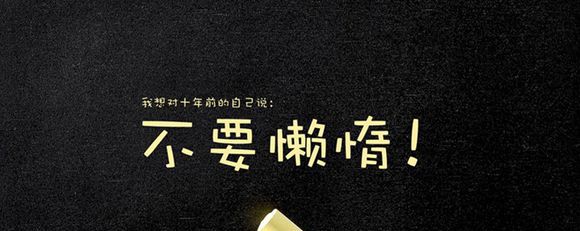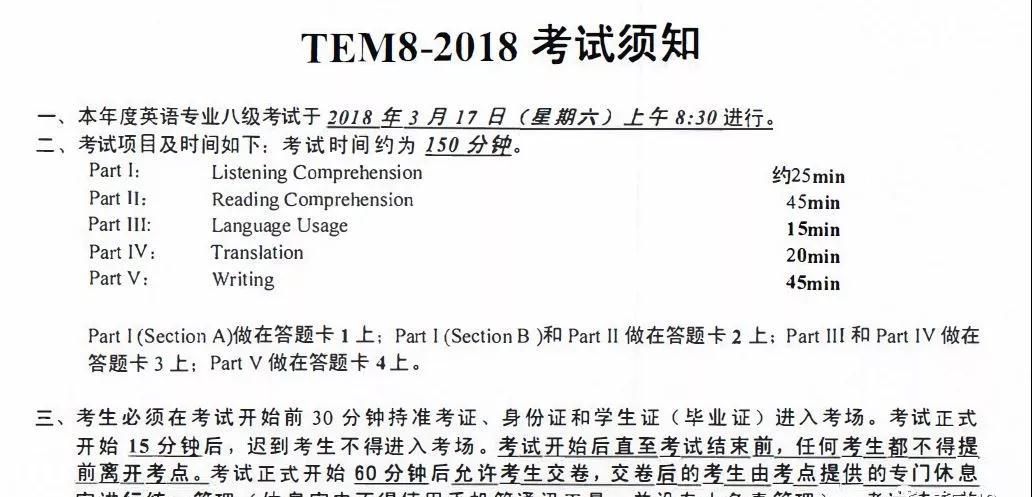WTO talks collapse, rich world 'to blame'
|
Trade officials said in Geneva yesterday that a high-level summit to salvage a global trade pact collapsed, after the United States, China and India failed to agree on farm import rules. Trade officials from two developed and one emerging economy said that a meeting of seven commercial powers broke up without agreement at the World Trade Organization (WTO) yesterday. The officials said a US dispute with China and India over farm import safeguards had effectively ended any hope of a breakthrough. Two officials said WTO chief Pascal Lamy had informed ministers that convergence could not be reached after nine days of talks. Earlier, Commerce Minister Chen Deming said the WTO talks were on the brink of collapse because the developed countries, led by the US and the European Union (EU), were asking for too much. The US and the EU criticized China at the Doha round of trade talks after it opposed a compromise proposal on farm tariff and subsidy presented over the weekend. Rich and poor countries have clashed repeatedly since the WTO talks in Qatar's capital, Doha, in 2001. And farm subsidy offered by governments in rich countries has been one of the key points of disagreement. David Shark, a US trade official, told the WTO's 153 members that the US had "swallowed hard and accepted" the compromise proposal to open up trade in manufacturing goods and agriculture. But, he said, India rejected the package presented by WTO Director-General Pascal Lamy, and China "backed out of the terms it had committed" to last week. "Their actions have thrown the entire Doha round into the gravest jeopardy of its nearly seven-year life," he said. The Chinese delegation yesterday rejected the criticism as "groundless" through a statement on the Ministry of Commerce's website. Chen said the developed countries had been the greatest beneficiaries during this round of WTO talks because "they have retained a lot of room for farm subsidy." The developed world should show more understanding toward the developing countries' worries, instead of setting up obstacles to solutions, Chen said. Trade representatives of about 30 countries have been trying to break the deadlock over the Doha round of talks at the WTO headquarters in Geneva since July 21. The talks were scheduled to end on July 25 but have continued because no agreement could be reached. "The US and the EU are looking for a scapegoat (for the failure of the talks)," said Feng Jun, a Shanghai-based WTO expert. "They have offered to cut a little farm subsidy in exchange for a much greater access to developing countries' markets. And despite the cuts, their farm subsidy would still be very high." China refuses to lower the tariff of some farm products imported from the developed world because "we need to take care of our farmers," Feng said. Chen said China also opposes the developed world, forcing the developing countries into special deals in industrial sectors. The developed world can have "sectoral" deals - according to which tariffs can be slashed in certain industrial sectors - with the developing countries only on a "voluntary" basis, he said. Questions: 1. Which three countries failed to agree on farm import rules at the WTO talks? 2. How many members does the WTO have? 3. When were the WTO talks scheduled to end? Answers: 1. The US, China and India. 2. 153. 3. July 25. |








